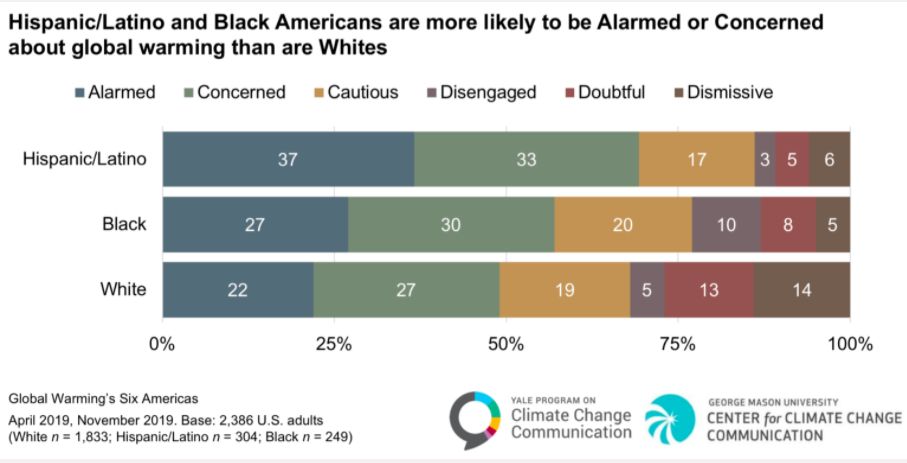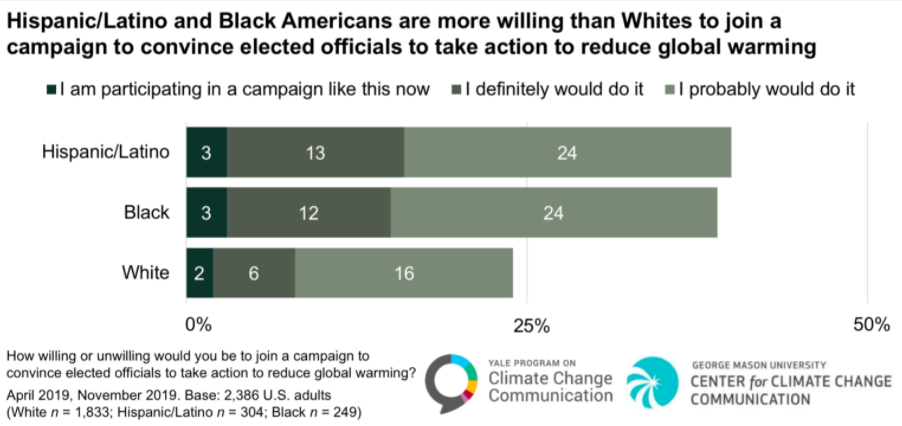
07 Apr Voting RIghts Crucial to addressing Climate Emergency
Last month Georgia passed a sweeping restriction on voting rights in the state, which will disproportionately impact Black voters. The bill, described by one opposing lawmaker as “a Christmas tree of goodies for voter suppression”, transfers power away from county election boards to the state, requires voter IDs, limits placement of vote-by-mail boxes, and criminalizes providing food and water to voters waiting in long lines to vote, an issue observed much more commonly in black precincts than at their white counterparts. (More on the Georgia bill explained here.)
In response to this repugnant bill, President Biden has vowed to oppose it, civil rights groups have filed lawsuits in opposition, and mounting public pressure on major Georgia corporations – like Coca-Cola, Delta Airlines, and sports franchises – indicate this issue is far from settled. In the coming weeks we will see this bill continue to be challenged, and the potential proposal of a renewed federal voting rights bill that would supersede state law.
While this issue may seem thousands of miles away from the LA River – and it is – this is a great opportunity to raise the importance of Black and Latinx enfranchisement and voting rights in relation to climate change. Climate change – due to systemic racism – disproportionately impacts Black and Latinx communities who are already facing socioeconomic disadvantages. While California has sought to lead the way as “climate leaders”, there is no way we can rise to the challenge of climate change and environmental justice without meaningful and coordinated federal policies and investments. This means ensuring the right to vote in “purple” states like Georgia (and Arizona) with significant Black or Latinx voting populations.
The very voters the Georgia bill targets and seeks to discourage from voting are the voters who most understand and stress the challenges ahead. People of color are more likely than whites to be exposed to air pollution, live in a floodplain or in a park-poor neighborhood with little to no access to open space. According to the Yale Program on Climate Change Communication, both Black and Latinx populations prioritize action on climate change and environmental policies over white voters. Read more on their blog, and see their graphic below.

Voting Rights are Civil Rights. Repealing and infringing voting rights not only walks back decades of hard fought progress, it threatens our capacity to move forward and address the issues presently facing every community in America in the climate change era. FoLAR supports free and fair elections not only because it’s the right of every American citizen, but because enfranchisement of Black and Latinx voters will enable swift and inclusive response to climate change.


